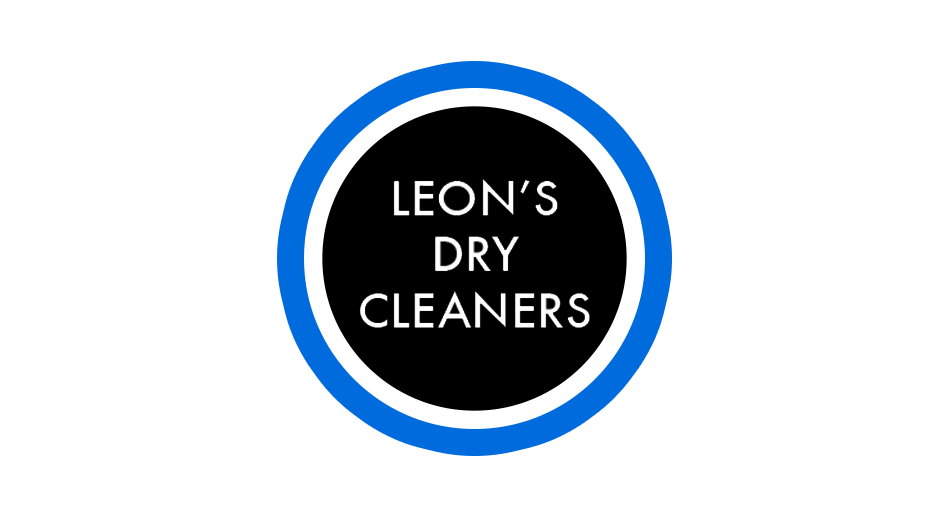
In the pursuit of a healthy and comfortable living environment, we often focus on the big players – air purifiers, ventilation systems, and greenery. However, the seemingly inconspicuous elements in our homes, like curtains, play a crucial role in maintaining indoor air quality. In this blog, we’ll delve into the impact of clean curtains on the air we breathe within the confines of our homes.
The Hidden Culprits:
Curtains are more than just decorative additions to our living spaces; they are effective dust and allergen traps. Over time, these soft furnishings accumulate dust, pet dander, mold spores, and other particles that can contribute to respiratory issues and allergies. Neglected curtains become breeding grounds for allergens, adversely affecting the air quality in our homes.
Health Implications:
The correlation between indoor air quality and human health is well-established. Poor air quality can lead to a range of health issues, from allergies and respiratory problems to more severe conditions. Clean curtains can serve as a first line of defense against these health concerns, preventing the buildup of allergens and pollutants.
Dust Mites and Allergens:
Dust mites, microscopic creatures that thrive in warm and humid environments, are a common household allergen. They feed on skin cells and moisture, proliferating in areas like curtains. Regular cleaning of curtains helps eliminate these allergens, reducing the risk of allergies and respiratory discomfort.
Mold and Mildew Prevention:
In damp and poorly ventilated spaces, curtains can become a breeding ground for mold and mildew. The spores released by these fungi can trigger allergies and respiratory issues. Keeping curtains clean and dry is essential in preventing the growth of mold and maintaining a healthier indoor environment.
Improved Respiratory Health:
Clean curtains contribute to better indoor air quality, leading to improved respiratory health for the occupants of a home. Reduced exposure to airborne particles means less strain on the respiratory system, especially for individuals with asthma or other respiratory conditions.
Enhanced Sleep Quality:
Quality sleep is integral to overall well-being, and the air we breathe during sleep directly impacts its quality. Clean curtains promote a healthier sleeping environment by minimizing airborne irritants, ensuring a more restful night’s sleep.
Maintenance Tips:
To harness the positive impact of clean curtains on indoor air quality, it’s crucial to incorporate regular maintenance into your household routine. Here are some tips:
1. Regular Vacuuming: Use a vacuum cleaner with an upholstery attachment to remove dust and debris from curtains. This should be done at least once a month.
2. Professional Cleaning: Consider professional curtain cleaning services for a thorough and deep cleaning. This is especially important for heavy fabrics and delicate materials.
3. Washing: Check the care labels on your curtains for washing instructions. Many curtains are machine washable, and a regular wash helps eliminate allergens and refresh the fabric.
4. Sun Exposure: Sunlight is a natural disinfectant. Allow your curtains to bask in the sun for a few hours periodically. This not only helps in killing germs but also prevents the growth of mold and mildew.
Conclusion
The impact of clean curtains on indoor air quality is a subtle yet significant aspect of maintaining a healthy home. By recognizing the role that curtains play in trapping allergens and pollutants, and by adopting regular cleaning practices, we can ensure that our living spaces are conducive to our well-being. Clean curtains not only contribute to better air quality but also enhance the overall comfort and harmony of our homes, making them truly safe havens for ourselves and our loved ones.





Add Comment